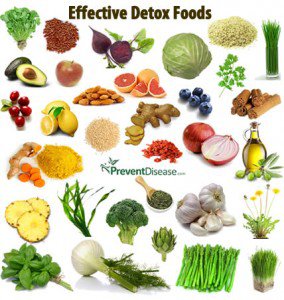Nutrition is the science that interprets the interaction of nutrients and other substances in food in relation to maintenance, growth, reproduction, health and disease of an organism.
This includes food intake, absorption, assimilation, biosynthesis, catabolism and excretion.
Our health is very important hence our Nutrition is an aspect of our life that should be taken seriously.
There is no shortage of health advice out there, and no shortage of bad advice to go along with it. Some misguided notions are harmless—but others are outright dangerous and can lead you down the road to chronic health problems and may even trim years off your life.
Many Nutrition myths which have been spread repeatedly over the years especially by public health authorities are usually mistaken for the truth.

Below are top three Nutrition lies that people tend to believe is true
Lie #1: Breakfast Is the Healthiest Meal of the Day, and You Should Eat Many Small Meals a Day
There is now a good deal of research supporting the health benefits of intermittent fasting—which is what you are really doing whenever you zip out of the house in the morning without breakfast.
Recent studies suggest that intermittent fasting can provide the same health benefits as constant calorie restriction which many studies have shown to dramatically increase life span in animals. It may also be helpful for those who cannot successfully reduce their everyday calorie intake
Intermittent fasting and continuous calorie restriction have both been shown to produce weight loss and improve metabolic risk markers. However, intermittent fasting tends to be slightly more effective for reducing insulin resistance.

Lie #2: Saturated Fat Causes Heart Disease
The dangerous recommendation to avoid saturated fat, which arose from an unproven hypothesis from the mid-1950s, has been harming people’s health for about 40 years now.
According to a statement realised in 2002 by the Nutrition board, it states that saturated fats and dietary cholesterol have no known beneficial role in preventing chronic disease and are not required at any level in the diet.”
Similarly, the National Academies’ Institute of Medicine recommends that adults get 45-65 percent of their calories from carbohydrates, 20-35 percent from fat, and 10-35 percent from protein. This is the polar opposite of an ideal fat to carb ratio and virtually guarantees you a heightened risk of disease.
Most people benefit from a diet where 50-85 percent of daily calories are derived from healthful fats. However, you need very few, if any, carbohydrates for optimal health. Although that amount of fat may seem like a lot, fat is very calorie-dense, and will therefore still constitute the smallest amount, in terms of volume, on your plate.
The truth is, saturated fats from animal and vegetable sources provide the building blocks for your cell membranes and a variety of hormones and hormone-like substances, without which your body cannot function optimally.
Soy Is a Health Food
A lot of health effects has been linked to Soy according to science. Soy which is considered as a health food is a perfect example of a lie that was strategized for marketing, to which millions of people believe in.
It is important to note that unfermented -soy products are not healthful additions to our diets, regardless of the age or gender.
Some of the sicknesses associated to unfermented Soy are:
Breast cancer, Brain damage, Heart disease, kidney stones, Malnutrition and many others.

